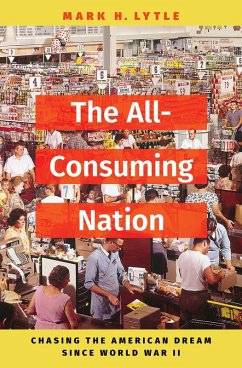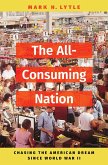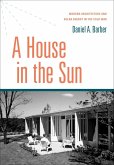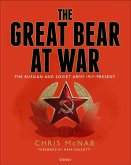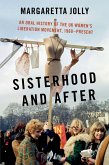In his 1958 "kitchen debate" with Nikita Khrushchev, Richard Nixon argued that the freedom to consume defined the American way of life. High wages, full employment, new technologies, and a rapid growth in population known as the "Baby Boom" ushered in a golden age of economic growth. By the end of the twentieth century, consumerism triumphed over communism, socialism, and all other isms seeking to win hearts and minds around the world. Advertising, popular culture, and mass media persuaded Americans that shopping was both spiritually fulfilling and a patriotic virtue. Mark Lytle argues that Nixon's view of consumer democracy contained fatal flaws -- if unregulated, it would wholly ignore the creativedestruction that, in destroying jobs, erodes the capacity to consume.
The All-Consuming Nation also examines how planners failed to take into account the environmental costs, as early warning signs--whether smog over Los Angeles, the overuse of toxic chemicals such as DDT, or the Cuyahoga River in flames--provided evidence that all was not well. Environmentalists from Aldo Leopold, Rachel Carson and Paul Ehrlich to Ralph Nader and Al Gore cautioned that modern consumerism imposed unsustainable costs on the natural world. Not for lack of warning, climate change became the defining issue of the twenty-first century.
The All-Consuming Nation investigates the environmental and sociocultural costs of the consumer capitalism framework set in place in the 20th century, shedding light on the consequences of a national identity forged through mass consumption.
Dieser Download kann aus rechtlichen Gründen nur mit Rechnungsadresse in A, B, BG, CY, CZ, D, DK, EW, E, FIN, F, GR, HR, H, IRL, I, LT, L, LR, M, NL, PL, P, R, S, SLO, SK ausgeliefert werden.

